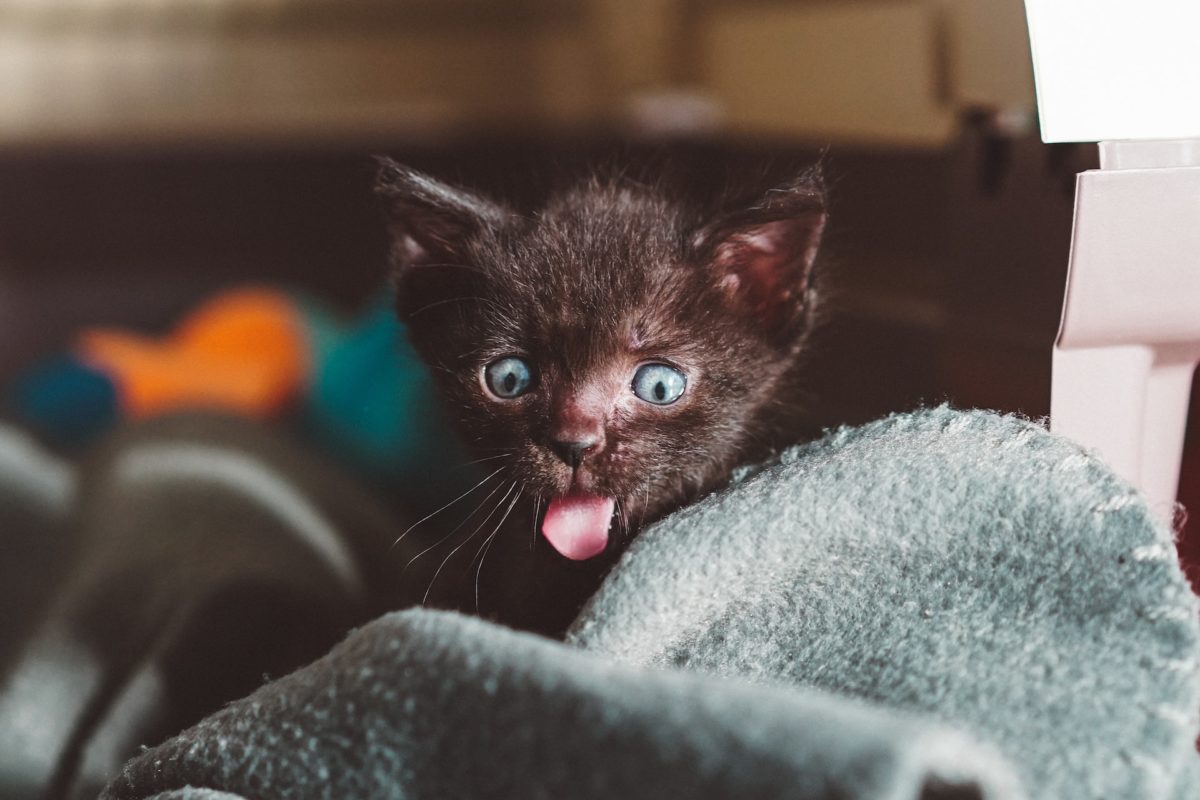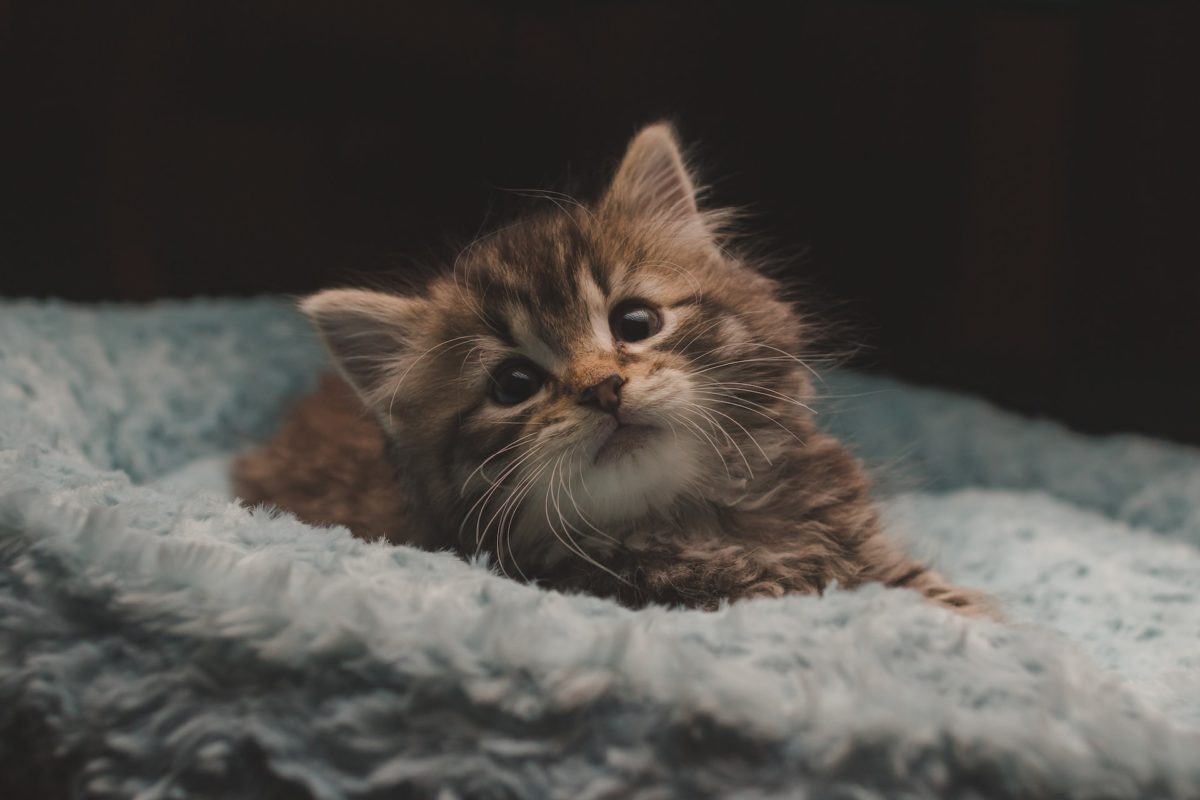Taking care of kittens does not ask any specialist knowledge. It is mainly a task for the mother. But is important to watch kittens and queen carefully.
Cats instinctively know what to do. But a queen is vulnerable after giving birth, and her children are still very weak. That makes taking care of kittens a quite passive but significant duty for cat owners.
The first two weeks your new little friends do not show much activity. The mother produces milk, the kittens drink it and sleep a lot. That’s about it. Newborn kittens do not stand or walk, only crawl.
The queen takes taking care of kittens very seriously. She cleans her children and licks away any waste matter.
The average litter size is five kittens.
Weigh the newborn kittens regularly. They should always gain.
It is possible to hand-feed kittens with a feeding bottle or a dropper. However, you should only do this if the cat is rejected or if the mother is not willing or capable to feed her children.
It’s important to know that it occurs quite often. In How To Take Care Of Your Pregnant Cat top breeders and specialized vets tell you all about taking care of kittens and feeding rejected or orphaned kittens.
During the first week after pregnancy the mother might lose a little blood from her vagina. This is nothing to worry about. It should stop by itself.
To avoid any infection you should keep mom and kittens isolated from other cats.
As long as the mother eats well and behaves normally, there is no need to call in the vet.
Kittens are born with closed eyes and folded down ears. It takes five to ten days before they first see the light of day. Then it takes another three days before the eyes are fully open.
At first all kittens have grey-blue eyes, which seems a bit odd when you see if the first time. When they reach the age of 12 weeks the adult colors will appear.
By the end of the first month kittens should have their baby teeth poking through. Around that time you may give them their first small meat feed, such as special kitten food.
During the second month cats start to explore their environment.
They start to run and play with their brothers and sisters. Cats are curious pets, and if you ever doubted this, these weeks will change your mind.
Do not declaw your kitten if they damage some of your goods. Instead, make sure you have cat toys at home.
Good nutrition is essential for both mom and children. There is excellent food available nowadays, developed for cat mothers and their babies.
By the time they are eight to ten weeks the kittens should have fully switched to solid food.
In this period kittens should also get their first vaccination against feline distemper and other illnesses. Also, check if they don’t have worms.
The kittens will learn to use the litter box. They do this by imitating the mother. You can help to put the little cat in the right place if it considers urinating or relieving nature elsewhere. Read more about litter box problems.
You can train your kitten to show good behavior.
A new owner will appear, choosing his favorite from the litter. Make sure that you send your kitten to a real cat lover.
Kittens of three months will usually have left the nest.
They are now firmly on the way of becoming a real cat. Their permanent teeth will appear, they’ll grow rapidly, play like life is nothing but play, and discover their sexuality.
Taking care of kittens belongs to the past. Cat life has begun!




